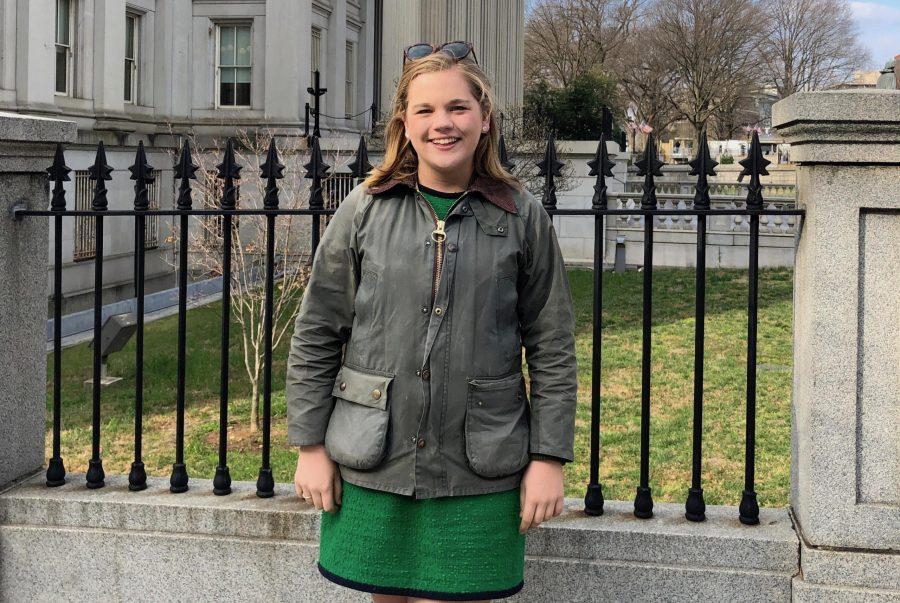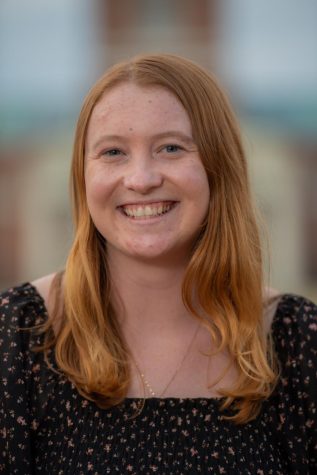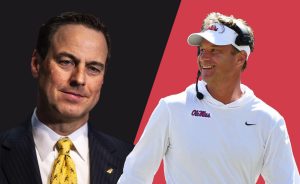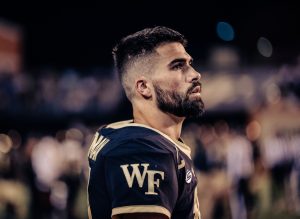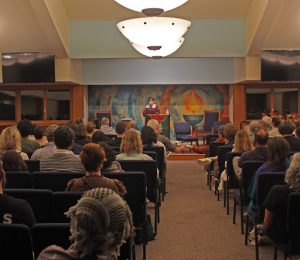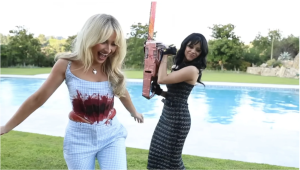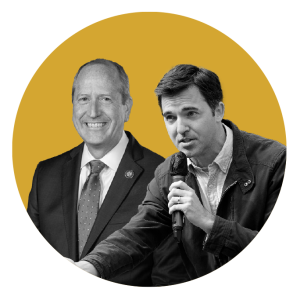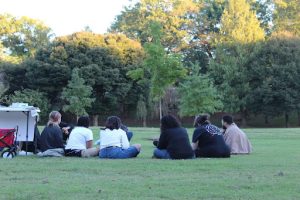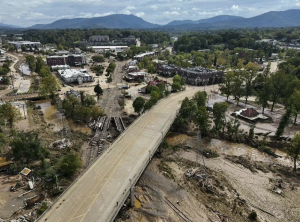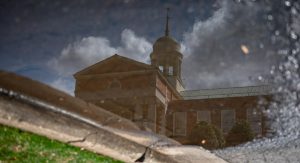Deacon Profile: Lisa Highet
October 8, 2020
Lisa Highet is a senior history major and religious studies minor from New York City. She is the president of Wake Forest University’s chapter of the College Republicans organization. Highet first became involved with College Republicans during her freshman year as a representative for the organization. She now finds herself ahead of Wake Forest’s largest political organization.
What does College Republicans do on campus?
College Republicans is a national organization which has a chapter at Wake Forest. We help support local republicans whether that be a mayor race or a Congressional candidate or a North Carolina House candidate. We work with the presidential election as well. We are the largest political organization on campus.
What has your experience with College Republicans been like?
I actually first got involved in the fall of my freshman year. A girl in my hall invited me to come with her. I loved the community the club provided and a lot of the older club members became really good friends of mine. I became a freshman representative for the club. That’s how I got involved in leadership initially and then from there I became vice president as a sophomore. Then I went abroad my junior fall to Casa Artom so I didn’t have a leadership position for that year. Then I was elected president while I was abroad which was really exciting. It’s been an amazing experience to work politically in North Carolina, which is a swing state, and it’s been fascinating to be a political organization in 2020.
What does your leadership role with College Republicans look like? What are your responsibilities as president?
My responsibilities are letting the head of North Carolina College Republicans know what we’re up to. I really have a lot of freedom in terms of what campaigns we work with and what events we do. I love it because I can choose candidates I really love to do campaign work for.
How is it to lead a partisan club during a presidential election year? What is the club doing to prepare?
It’s definitely been a challenging experience just because it is a lot more work than a non-election year in terms of communication with campaigns. One thing people often forget about presidential election years is that a lot of members of Congress are up for reelection as well. One of the biggest parts of my job is not just working with presidential candidates, but also with congressional candidates. One of my favorite parts of my leadership experience with College Republicans has been the amazing relationship we’ve developed with College Democrats. The president of College Democrats, senior Sam Horowitz, has become a really good friend of mine and someone I really admire. I’ve loved working with her and creating a good dialogue between College Republicans and College Democrats. If there is no bi-partisan legislation, then nothing can happen so I think it’s really important for Republicans and Democrats to work together.
What do you love most about College Republicans?
Probably the people. I’ve met a ton of my friends through College Republicans. It’s been amazing to be with so many people who are interested in politics at a young age and it gets me really excited about our future as a country.
What made you want to be involved with College Republicans?
My junior year of high school I was visiting my grandparents in upstate New York, and I saw that this woman named Elise Stefanik was running for her re-election. I ended up volunteering for her campaign as a high school student making phone calls, just as something fun to do over the summer. I ended up loving it and got to know her campaign team really well and got to know what it was like working on a campaign. I also became really familiar with the needs of her district and got to see how she was helping so many people in her district. I ended up interning for Congresswoman Stefanik after my freshman year at Wake [Forest] on Capitol Hill. I had the best time. It was amazing. It was really neat to be there after my freshman year of college. I ended up meeting Wake Forest alums on the Hill and fellow Wake Forest students who were interning. Then I worked for her again after my sophomore year. I actually worked more with her military legislative aide on defensive policy. That was fascinating as it gave me more of an insight into how a Congressional Office runs. Working with Congresswoman Stefanik really solidified my identity as a Republican because I got to work closely with a candidate I was passionate about. I decided I wanted to be involved with College Republicans at Wake [Forest] to make an impact on the local community, and also to be involved politically because I believe it is so important, especially in the U.S.
I saw that you are a history major, how has studying history shaped your knowledge of politics and government?
I think that being a history major has made me see that history repeats itself a lot. I honestly think it has changed my views politically just based on learning about Republican presidents in the past or learning how different systems in other countries have failed in the past, and what the U.S. has done that has worked well and what they have done that has not worked well. I chose to study history because I think it gives you a really good foundation and understanding of why the U.S. was created and where we are going to go in the future. I think you learn a lot from history and looking at the past because it allows you to understand decisions that people are making now.
What has College Republicans taught you about politics and government?
Especially being a female leader in a club that is predominantly male, I think it has taught me a lot of how important it is to stand my own ground and voice my own opinion. I think it’s taught me how important it is for people to engage in local and congressional politics. It has also taught me a lot about who I am as a person and what type of leader I am, as well as the power of compromising and working with other people.
What are your post-graduation plans?
I am hoping to work in [Washington] D.C. after I graduate. I think the election is going to determine a lot of my career opportunities. I am looking at the North Carolina state legislature as well, but I really hope to be in D.C.
Editor’s note: This interview has been edited and condensed for clarity and AP style.


